Summaries of books about Economics:
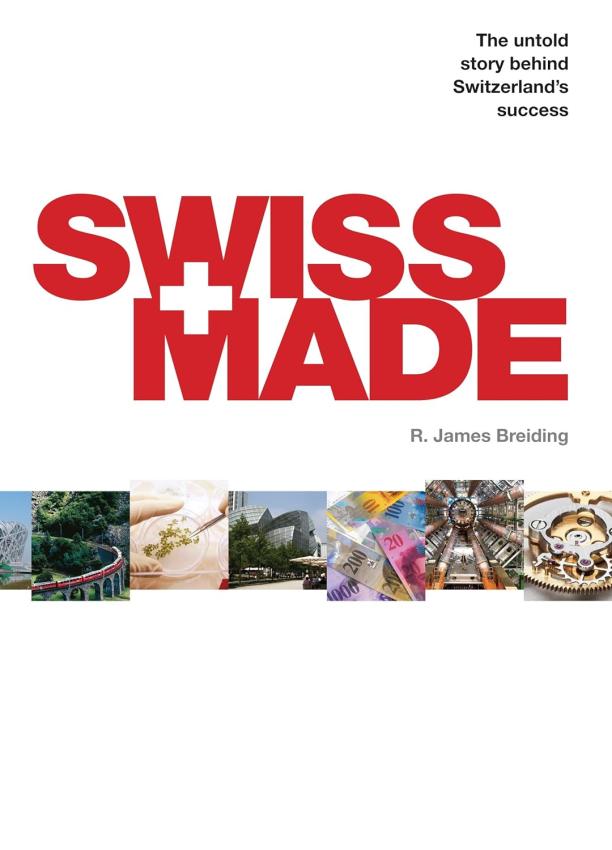
Swiss Made
The Untold Story Behind Switzerland's Success
R. James Breiding
The book delves into the factors that have contributed to Switzerland's remarkable economic success, examining its unique business practices, political stability, and innovative culture. It provides insights into the country's small but powerful corporate giants, its education system, and the historical context that has shaped its prosperity.
See full summary
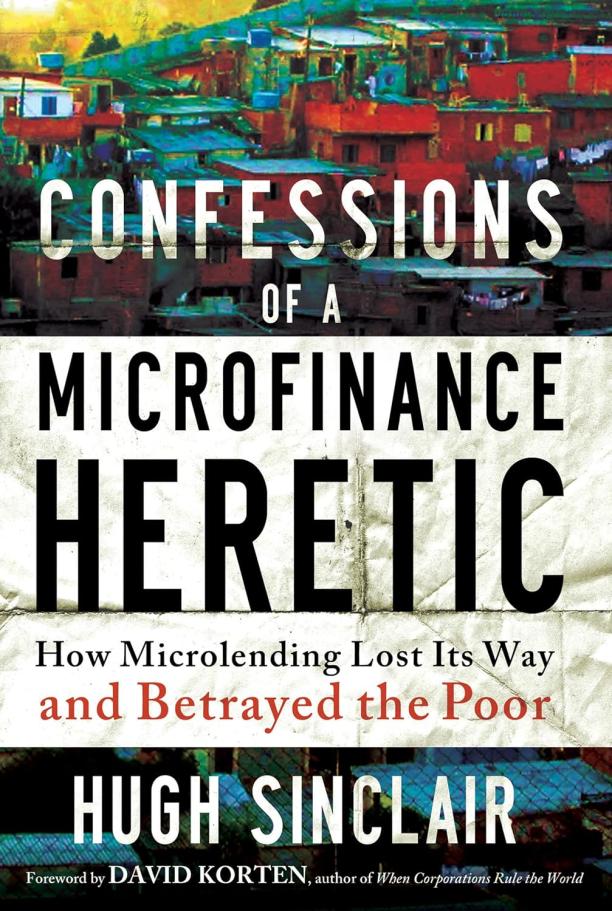
Confessions of a Microfinance Heretic
How Microlending Lost Its Way and Betrayed the Poor
Hugh Sinclair
The book critically examines the microfinance industry, revealing how it has deviated from its original mission of helping the poor and instead often exploits them with high-interest rates and aggressive repayment tactics. It provides an insider's perspective on the systemic issues within the sector and calls for significant reforms to ensure microfinance truly benefits those it was intended to serve.
See full summary
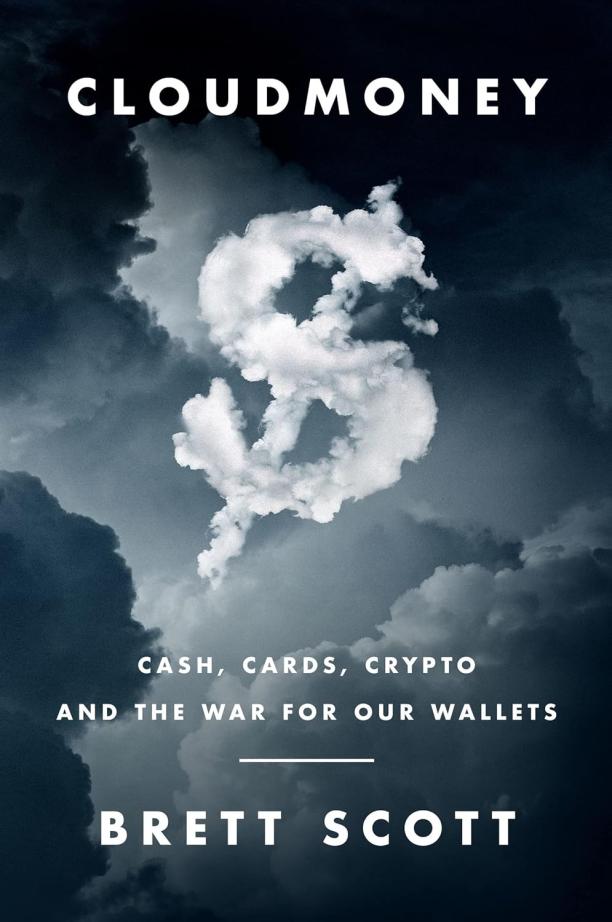
Cloudmoney
Cash, Cards, Crypto, and the War for Our Wallets
Brett Scott
The book explores the evolution of money and payment systems, from traditional cash to digital currencies, and examines the power dynamics between individuals, corporations, and states in controlling money flows. It delves into the implications of this shift for privacy, autonomy, and the future of financial freedom.
See full summary
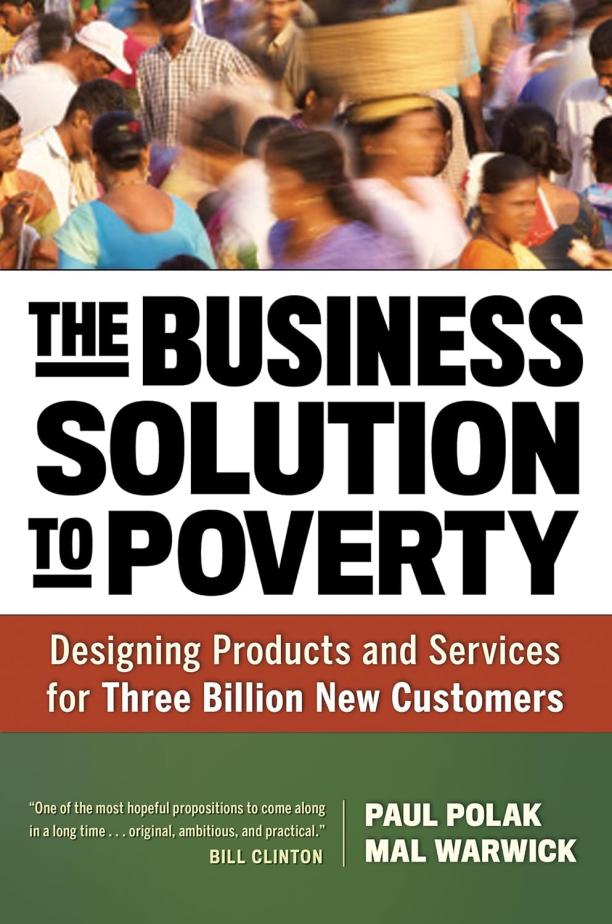
The Business Solution to Poverty
Designing Products and Services for Three Billion New Customers
Paul Polak|Mal Warwick
The book presents innovative strategies for companies to profitably engage and serve the world's poorest populations, who are often overlooked as potential customers. It outlines practical approaches to designing and marketing affordable products and services that can improve the lives of the global poor while also generating significant business opportunities.
See full summary
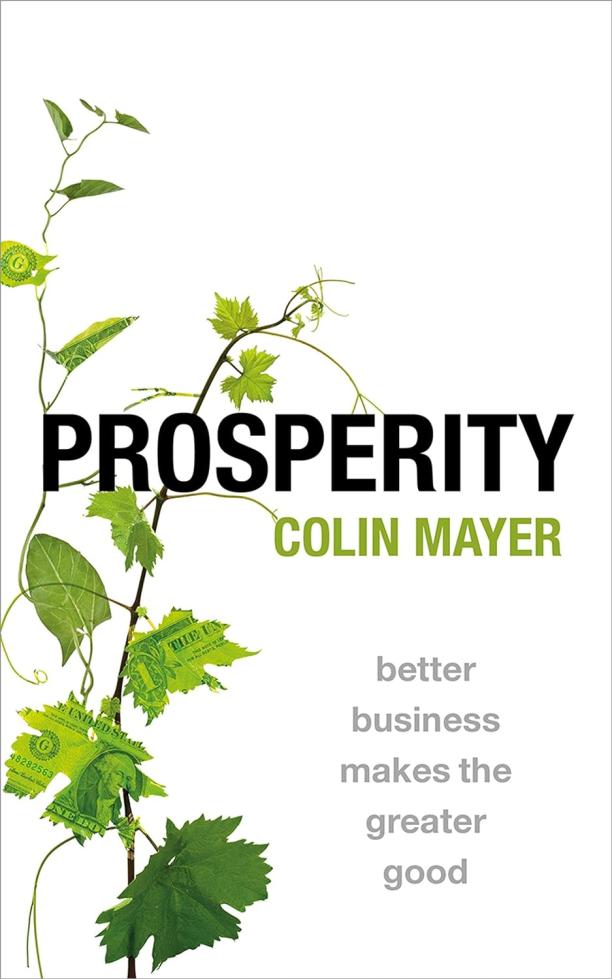
Prosperity
Better Business Makes the Greater Good
Colin Mayer
The book argues that the purpose of business should be redefined to focus on creating shared prosperity rather than solely generating profit for shareholders. It suggests that companies should align their goals with societal well-being, innovate for the greater good, and be held accountable for their impact on people and the planet.
See full summary
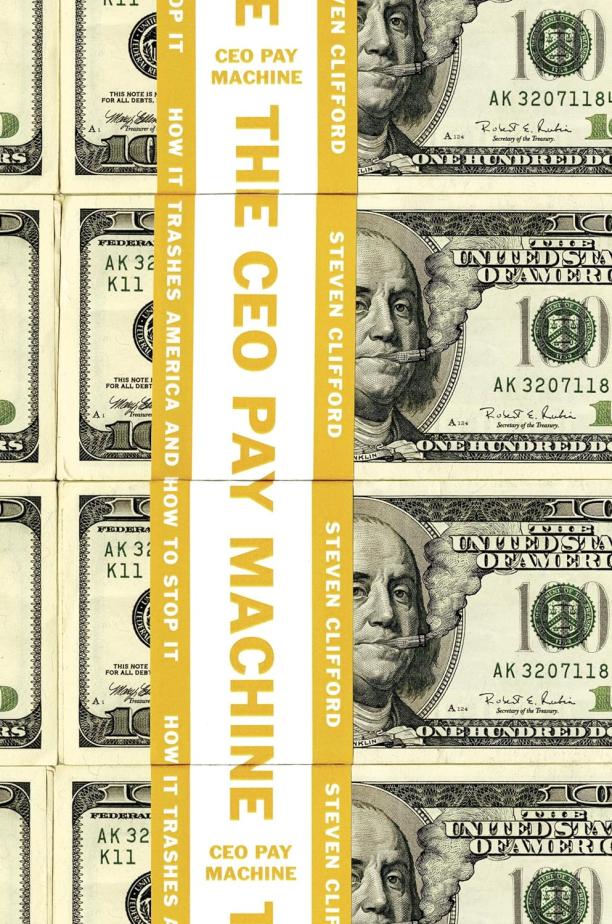
The CEO Pay Machine
How it Trashes America and How to Stop it
Steven Clifford
The book critiques the excessive compensation packages awarded to American CEOs, arguing that they are not aligned with company performance and contribute to income inequality. It proposes solutions to reform executive pay structures to better serve the interests of shareholders, employees, and the broader economy.
See full summary
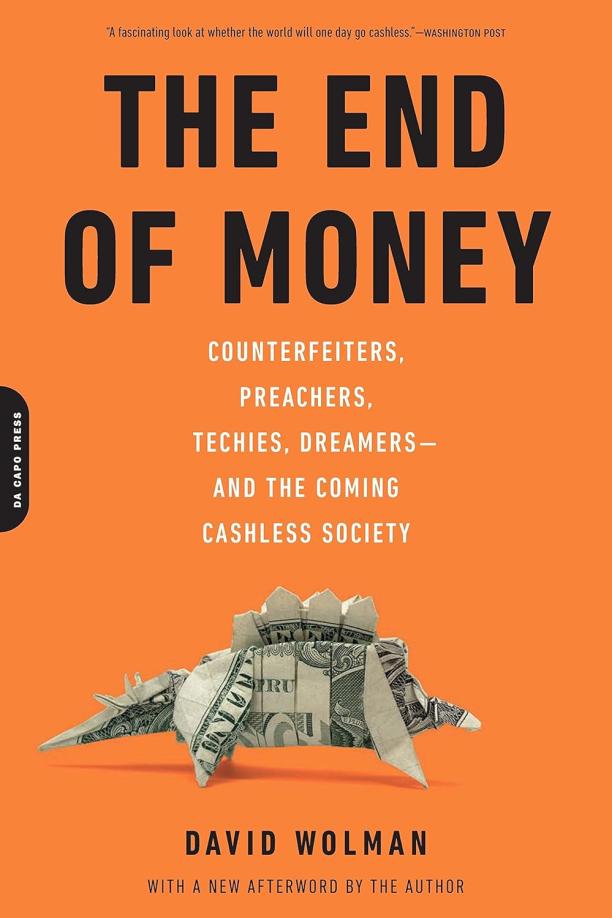
The End of Money
Counterfeiters, Preachers, Techies, Dreamers--and the Coming Cashless Society
David Wolman
The book explores the history of money and the movement towards a cashless society, examining the roles of various individuals and groups who have influenced this transition. It delves into the implications of digital currency, the challenges of phasing out physical cash, and the potential impact on global economics and individual privacy.
See full summary
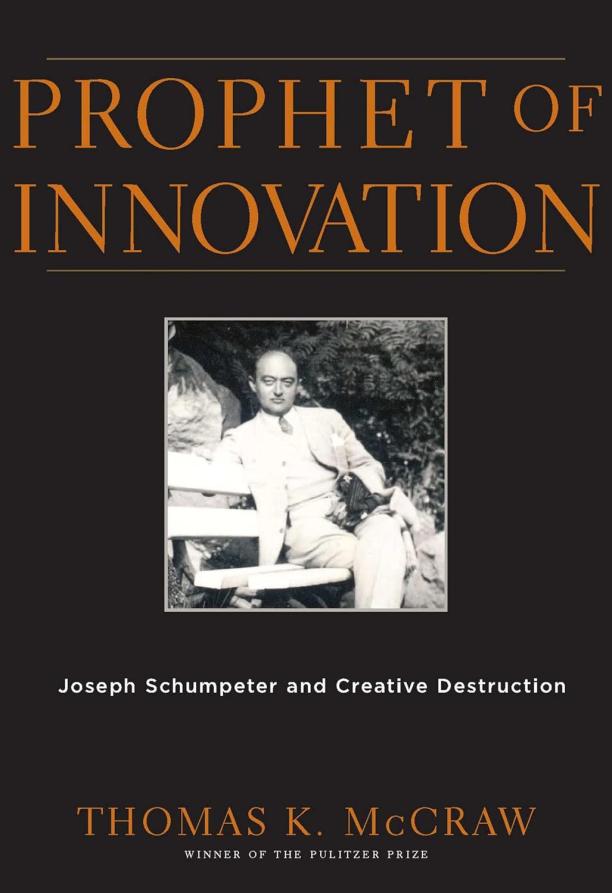
Prophet of Innovation
Joseph Schumpeter and Creative Destruction
Thomas K. McCraw
The book delves into the life and work of economist Joseph Schumpeter, who coined the term "creative destruction" to describe the process of transformation that accompanies innovation. It explores his theories on capitalism, entrepreneurship, and their role in economic development and cycles.
See full summary
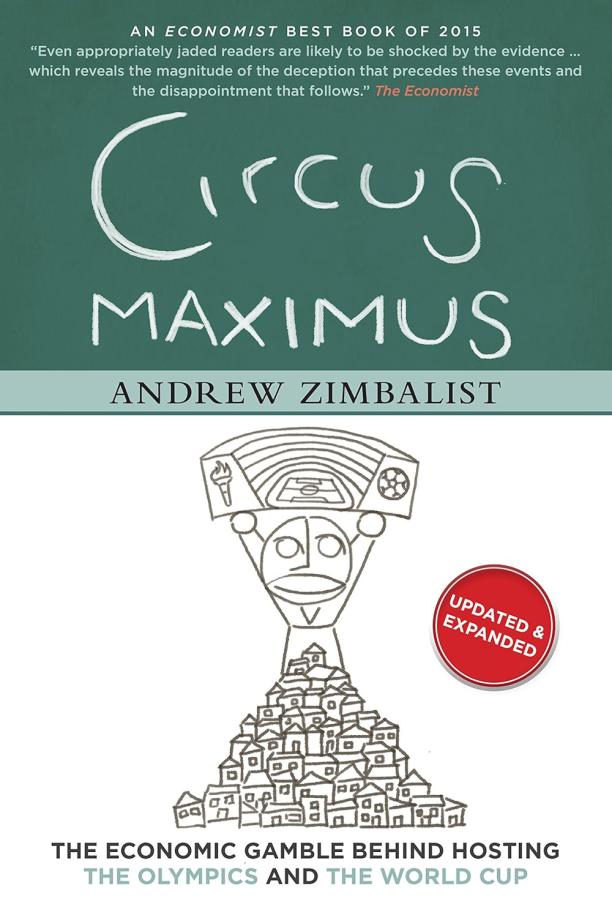
Circus Maximus
The Economic Gamble Behind Hosting the Olympics and the World Cup
Andrew Zimbalist
The book critically examines the financial and economic implications for cities hosting mega-events like the Olympics and the World Cup, highlighting the often burdensome costs, political maneuvering, and questionable long-term benefits for the host locations. It provides case studies and data to challenge the purported economic advantages, revealing the complex realities and potential pitfalls of hosting such global sporting events.
See full summary
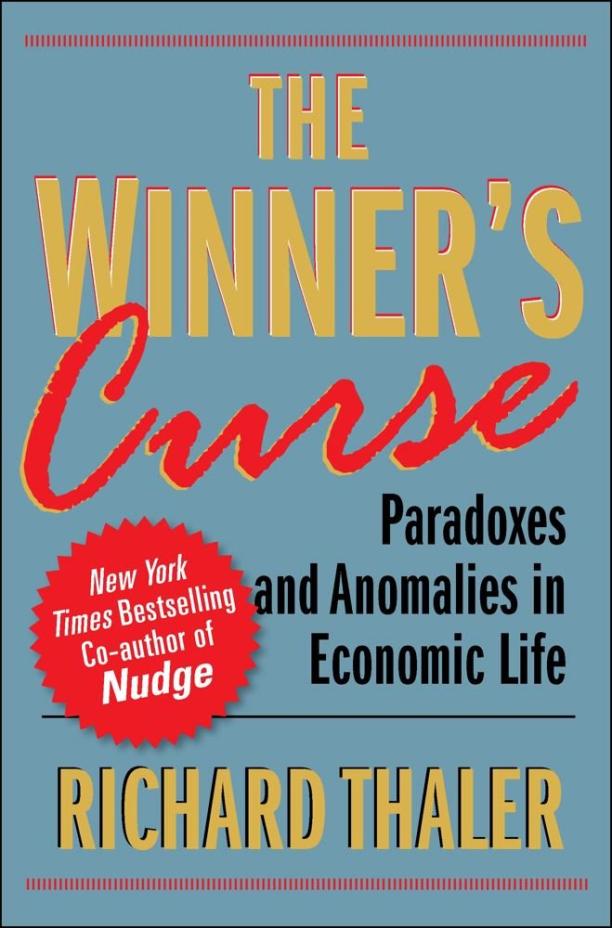
The Winner's Curse
Paradoxes and Anomalies of Economic Life
Richard H. Thaler
The book explores the quirks and irrational behaviors in economic decision-making, challenging traditional economic theories by highlighting real-world examples of anomalies and paradoxes that defy conventional wisdom. It delves into the psychology behind choices and the impact of social preferences, market strategies, and game theory on consumer behavior and market outcomes.
See full summary